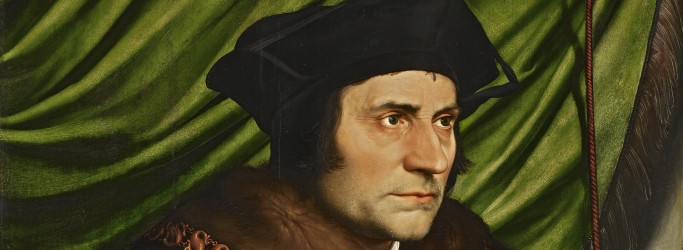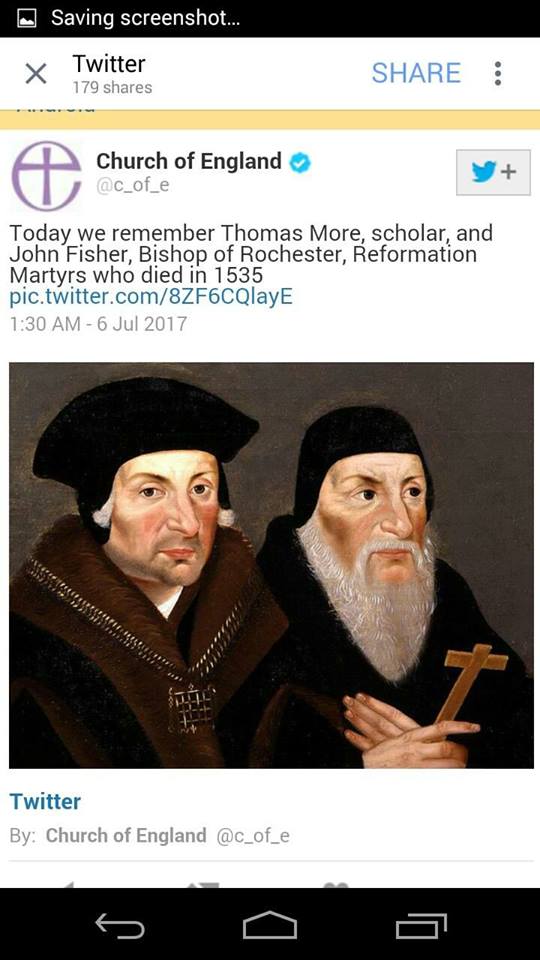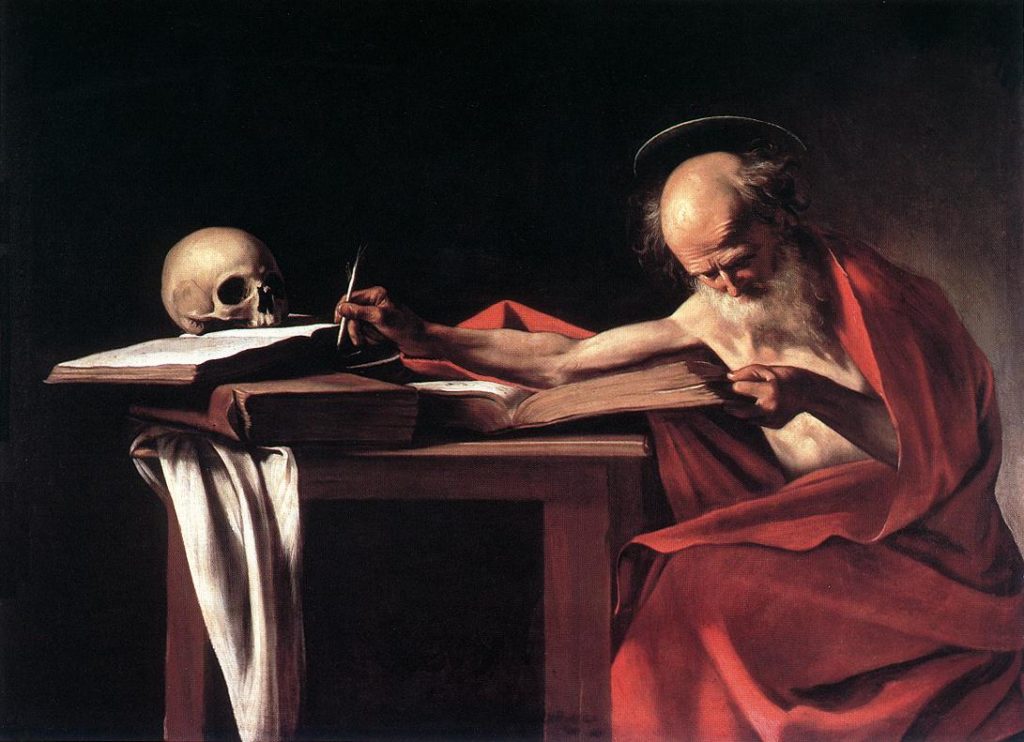Mere Christianity – Book I (Summary)


You can look at my more detailed notes, but this is an overview of the content of Book I of “Mere Christianity”…
Preface
Quotations
Mere Christianity
…I have thought that the best…service I could do for my unbelieving neighbours was to explain and defend the belief that has been common to nearly all Christians at all times…So far as I can judge…the book…did at least succeed in presenting an agreed, or common, or central, or ‘mere’ Christianity…it may possibly be of some help in silencing the view that, if we omit the disputed points, we shall have left only a vague and bloodless [Highest Common Factor]. The H.C.F. turns out to be something not only positive but pungent”
Omitted Topics
I should be very glad if people would not draw fanciful inferences from my silence on certain disputed matters…There are questions at issue between Christians to which I do not think we have been told the answer…you cannot even conclude, from my silence on disputed points, either that I think them important or that I think them unimportant. For this is itself one of the disputed points…I have a reluctance to say much about temptations to which I myself am not exposed…
The Roman Catholic beliefs on that subject are held not only with the ordinary fervour that attaches to all sincere religious belief, but…with…chivalrous sensibility that a man feels when the honour of his mother or his beloved is at stake…contrariwise…Protestant beliefs on this subject…it seems that the distinction between Creator and creature (however holy) is imperilled.
[Regarding contraception], I am not a woman nor even a married man, nor am I a priest. I did not think it my place to take a firm line about pains, dangers and expenses from which I am protected; having no pastoral office which obliged me to do so.
The name “Christian”
When a word ceases to be a term of description and becomes merely a term of praise, it no longer tells you facts about the object: it only tells you about the speaker’s attitude to that object… A gentleman, once it has been spiritualised and refined out of its old coarse, objective sense, means hardly more than a man whom the speaker likes
The Hall Analogy
It is more like a hall out of which doors open into several rooms…it is in the rooms, not in the hall, that there are fires and chairs and meals. The hall is a place to wait in, a place from which to try the various doors, not a place to live in…you must be asking which door is the true one; not which pleases you best by its paint and panelling…Are these doctrines true: Is holiness here?…be kind to those who have chosen different doors and to those who are still in the hall. If they are wrong they need your prayers all the more; and if they are your enemies, then you are under orders to pray for them. That is one of the rules common to the whole house
Questions
1. Why does Jack say that this book not help someone decide between two different denominations? Why did he write the book in this way?
2. Was it a good idea to leave out controversial topics? Why does he say he does this? Do you think this hampers the book?
3. How would you define “Christian”? How does Jack define it? Do you think this is a sufficient definition?
4. Do you find Jack’s “Hall and rooms” analogy helpful when talking about different denominations? What advice does he give for interacting with Christians of other denominations? What do you disagree with and what advice would you add?

 Cardinal Newman famously said that
Cardinal Newman famously said that 
 As I was driving in to work today, I was listening to
As I was driving in to work today, I was listening to 




